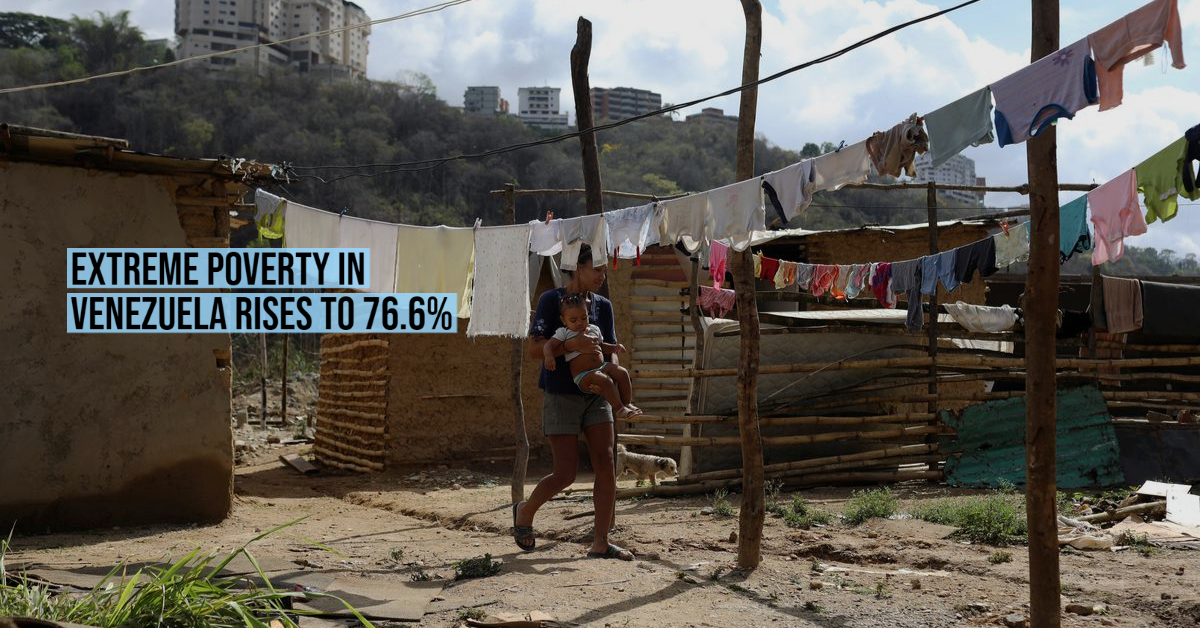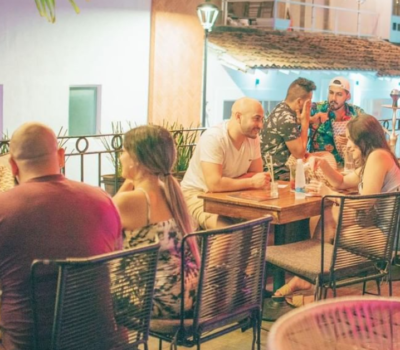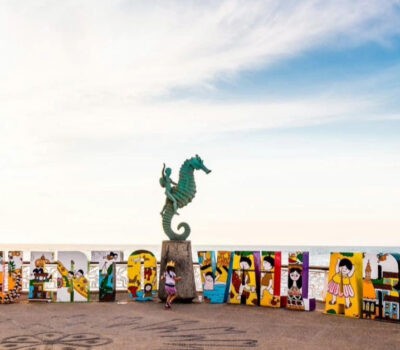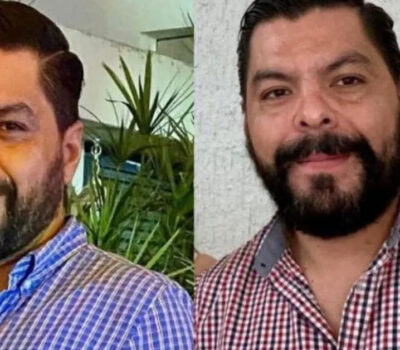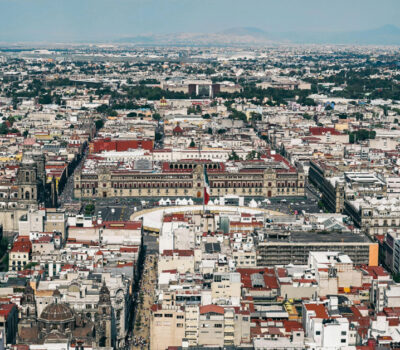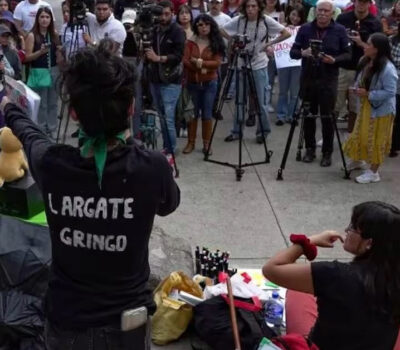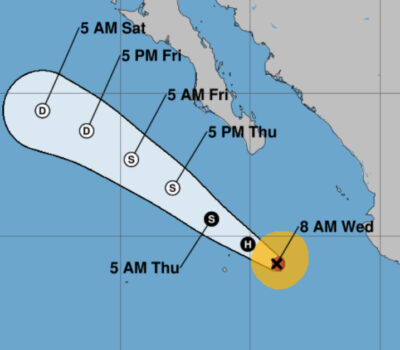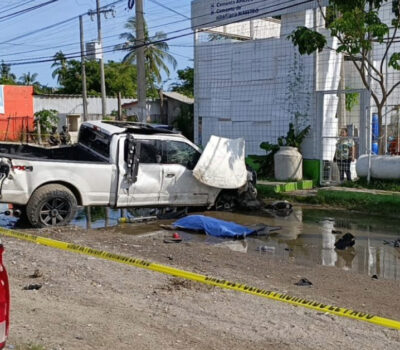CARACAS, Sept 29 (Reuters) – Around three-fourths of Venezuelans now live in extreme poverty as the once-prosperous OPEC nation’s hyperinflationary economic collapse continued for a seventh straight year, according to a study published on Wednesday.
The 2020-2021 National Survey of Living Conditions (ENCOVI), conducted by researchers at Andres Bello Catholic University (UCAB), found that of the country’s 28 million residents, 76.6% live in extreme poverty, up from 67.7% last year.
The report attributed the rise to both the COVID-19 pandemic and chronic fuel shortages, which at least 20% of respondents said meant they could not put gasoline in their cars, a major obstacle to employment.
The ENCOVI study was created in 2014 to make up for the absence of official data, according to Pedro Luis Espana, a UCAB sociologist who contributed to the study.
Espana said that beyond the loss of purchasing power, the lack of employment has led to boredom, adding that Venezuela’s public sector pays poorly, as the country’s minimum wage hovers around $3 a month, and the country’s private sector is small.
“It is the absence of opportunities,” Espana said. “It is sitting in front of the door of the house, doing nothing, not because you do not want to do anything, but because there is nowhere to do it.”
Venezuela’s information ministry did not immediately respond to a request for comment on the findings. President Nicolas Maduro’s government frequently blames U.S. sanctions for the country’s woes, but critics attribute the country’s crisis to his government’s economic mismanagement.
When measured solely by income levels, 94.5% of the population lives in poverty, a figure unmatched elsewhere in the region, the ENCOVI survey found.
The survey was conducted through questionnaires distributed to 14,000 households in 21 of the 23 states of the country between February and April.
CARACAS, Sept 29 (Reuters) - Around three-fourths of Venezuelans now live in extreme poverty as the once-prosperous OPEC nation's hyperinflationary economic collapse . . .

